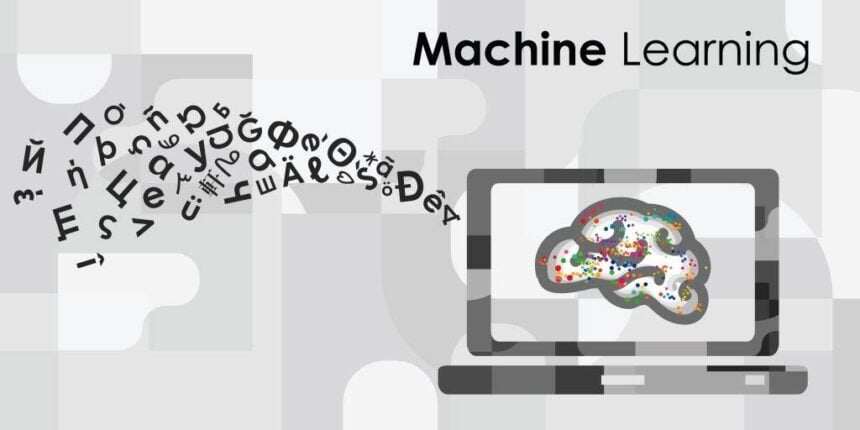Machine learning is different from traditional computation because it allows the computer to perform more advanced analysis of data, with or without the supervision of human operators. Supervised machine learning involves a human operator providing the computer with data, and then instructing the analytical software to look for specific information or answer more narrowly focused questions.
Unsupervised machine learning is the most exciting. It involves giving a computer freedom to suck up data as needed, including real-time information. Then, it constantly runs analysis to find new patterns, discover new opportunities and report comprehensive information to decision-makers.
If enabled, these systems can even perform tasks on behalf of companies that collect data and take action to serve their clientele – especially within the broader context of artificial intelligence (AI). It might be important here to clarify the difference between AI and ML.
Artificial intelligence is the broad category of computer platforms (cloud or otherwise) that are capable of performing complex, advanced tasks. These tasks range from powering driverless cars, to forming the backbone for platforms like Uber and Lyft to facilitate ride requests and properly assign drivers around the world.
Machine learning falls under the umbrella of artificial intelligence, specifically focusing it in the space of allowing computers to think for themselves in the same way that the human brain interacts with the environment around it. Many, many articles exist that explain this concept more thoroughly. But suffice to say, machine learning is the independent branch of AI – doing tasks that require additional instruction and logic beyond what is specifically provided by data scientists.
Providing Context for the Data Inserted into the Database
Data is the fuel that powers efforts in AI. As databases grow, the way we use the information is changing. For example, in the early days of computers, an IP address could tell servers where the connection request was coming from. This location data would be enough to tell companies where their users were located.
But the reliability of IP addresses have changed – especially with the advent of VPN and other IP masking tools. Advanced IP geolocation tools like IP2Location, now allow for servers to make highly educated guesses as to the location of the user.
This reliable location data adds a new dimension to modern database entries. For example, a machine learning platform can identify patterns based on the location of the originating request. I’ve worked with data-driven marketers that use these kinds of insights to decide on where a billboard should be placed. Specifically, a local donut chain used geolocation data for the people interacting with their site. They found a specific intersection, infamous for long red lights, was a hotspot for mobile searches from future patrons looking for current hours and phone numbers for their nearest location.
They placed a billboard in the intersection, attracting more motivated customers and helping to curb smartphone usage by distracted drivers.
Powering the Future of AI Customer Service
Increasingly, companies are leaning on artificial intelligence platforms to service customer needs. Location data can help these automated customer service bots communicate with customers based on their location – using the correct language, currency and prompting location-specific information. For example, some AI customer service bots cover their tracks by mentioning the weather at their customer service center – which in reality is simply the location of the server stack processing their algorithms.
Google Led the Pack with Acquisition of Deepmind
In 2014, Google beat out a bid from Facebook to acquire Deepmind, an AI startup in the UK. The power of their model-free deep learning platform was showcased in this presentation of their computer system learning how to play a game, and then eventually beating the game. The process it used to learn how to beat the game was the same process the human mind uses to learn and overcome challenges.
Whether playing a game, servicing customers, or analyzing emerging trends for decision-makers, artificial intelligence will reshape the world we live in, thanks to machine learning. The importance of adding location context to data cannot be understated. Everything from self-driving vehicles, to AI powered customer service reps, and other self-help resources will continue to evolve and change the way we live our lives. Are you as excited as I am to see what they come up with next?

